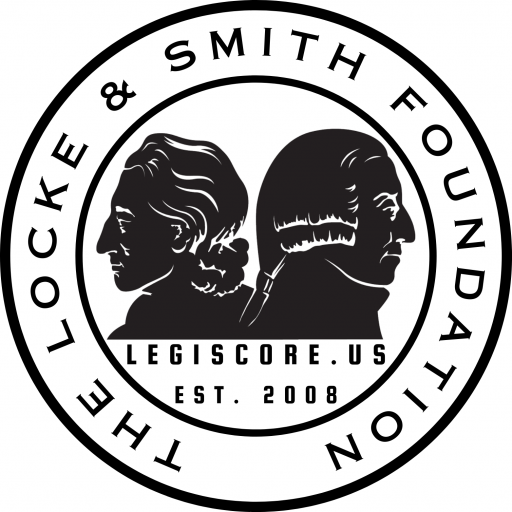Here we go again, in my first offering I laid out the basis of where political subdivisions and the legislature get its authority to write laws and the basis from which these laws are to be written.
We learned that in Article III Section I of the state constitution legislative authority is vested in the MOHouse, MOSenate and it can be vested in what are considered *home rule* counties and cities, or in other words chartered political subdivisions. We also learned in Article I that the people via constitutional decree have given legislative authority in the manner of the securement of rights and even chartered political subdivisions are to be within these confines. The directive doesn’t grant any other permission nor does it bequeath any permission for this authority to be granted to any other. It would be similar to you loaning your lawnmower to your neighbor so they can mow their lawn, then they in turn loan your lawnmower to their neighbor so they can also mow their lawn, this is considered nondelegation principle or doctrine.
So the basis of this writing is HB 1511.
On the surface, this seems like a very good idea as the legislation seems to prevent lesser political subdivisions from requiring a private business or developer from being required to place EV (electric vehicle) chargers in a parking lot, but should they demand them the political subdivision is required to maintain and keep the maintenance up on them. Since the people requiring such installation of these EV chargers are NOT required to pay for them with their funds the maintenance and upkeep will be provided by taxpayers and not the people demanding such be installed.
I do find the last section of this legislation quite amusing and it didn’t need to be stated: “Nothing in this section shall prohibit a business owner or property owner from paying for the installation, maintenance, or operation of an electric vehicle charging station”. It isn’t like the business owner or property owner requires the legislature to clarify this point as it is private property to which the development is occurring.
This legislation ignores the rights of the property owner, the developer, the taxpayers living in and traveling through this political subdivision, or anyone spending money and being taxed for something they’ve been required to fund via the state legislature demand. Now in lies a quandary as to where funds from the taxpayer are used to benefit private enterprises and developments, if taxpayer funds are being used, which they should NOT be, then does the political subdivision have any say on what is installed on said property?
In either manner, the proper function of government is to secure the rights of the people and to do so equally, and in both cases, the legislature and these lesser political subdivisions are doing neither.
What appears to be the state legislative body limiting an overstepping power grab by a lesser political subdivision is also the very same legislative body granting authority to lesser political subdivisions to be able to do what they don’t have any constitutional authority to demand.
